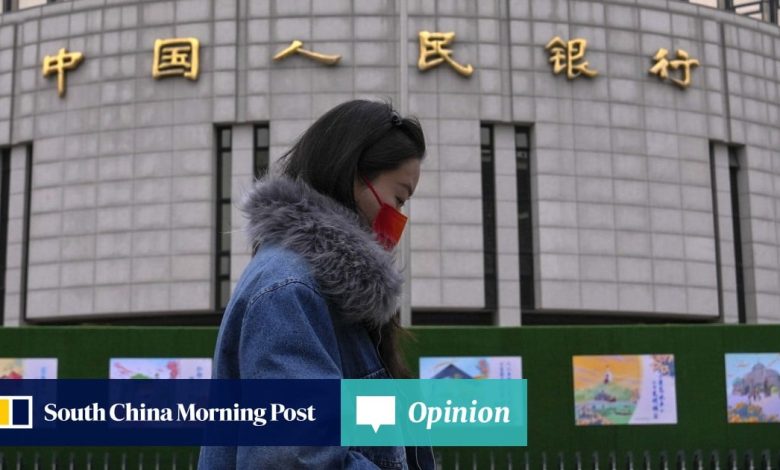Opinion | Hong Kong’s stock market has finally found its footing


Before last week, the China A50 was down by about 45 per cent since its peak in February 2021. Meanwhile, the Hong Kong stock market had fallen four calendar years in a row. Investors had capitulated.
There has been a sensible reluctance by the mainland authorities to risk side-effects based on the law of unintended consequences and pour large amounts of liquidity into the economy. In the past, vast amounts of cash has been swallowed up in property and stock market bubbles. The resultant crash after the sugar high has led to crises in local government and property company finances that have been worse than any potential slowdown.
Central banks in the West seemed to have learned that economic pump priming must be accompanied by a big pulse of news to shock economies into recovery. The West has injected a great deal of liquidity into their economies in the last couple of decades to stave off recession.

